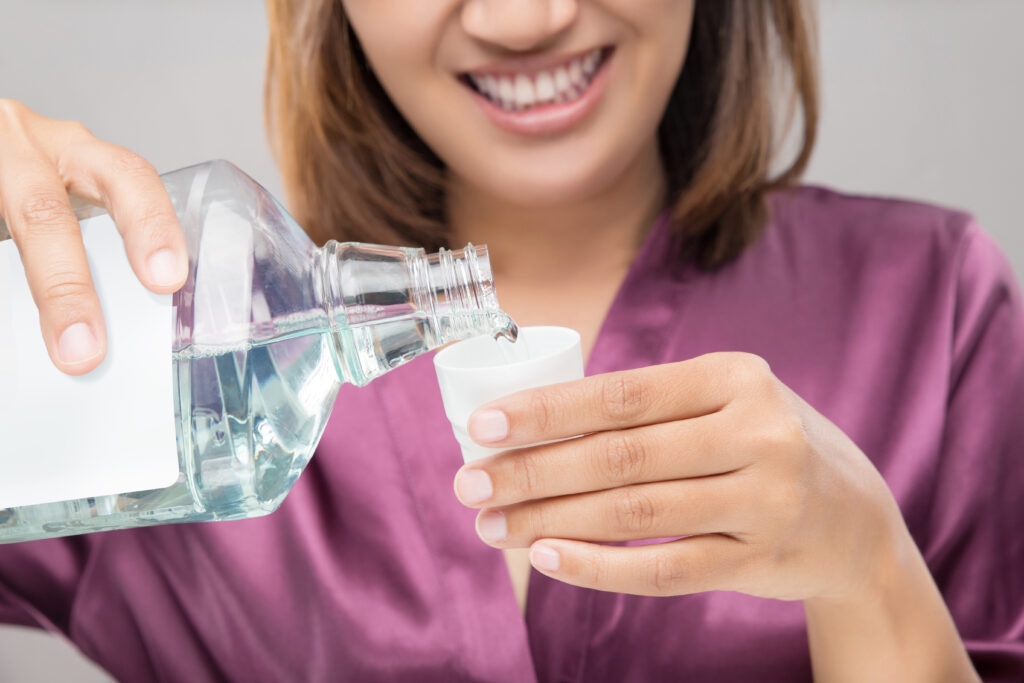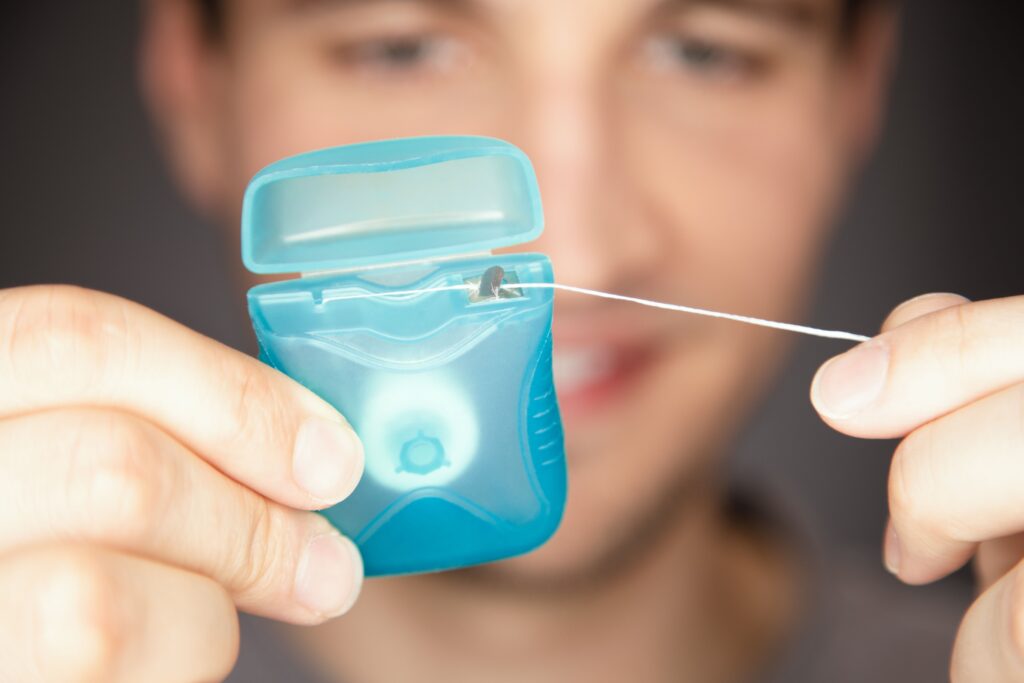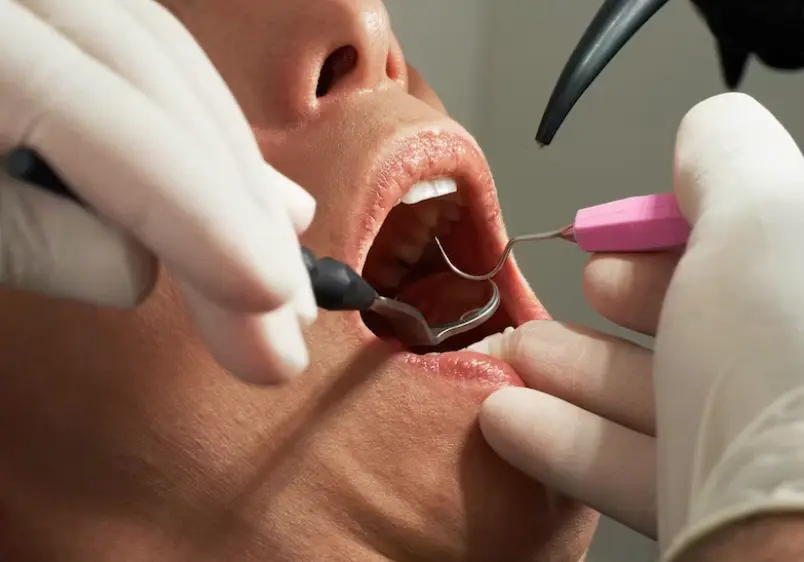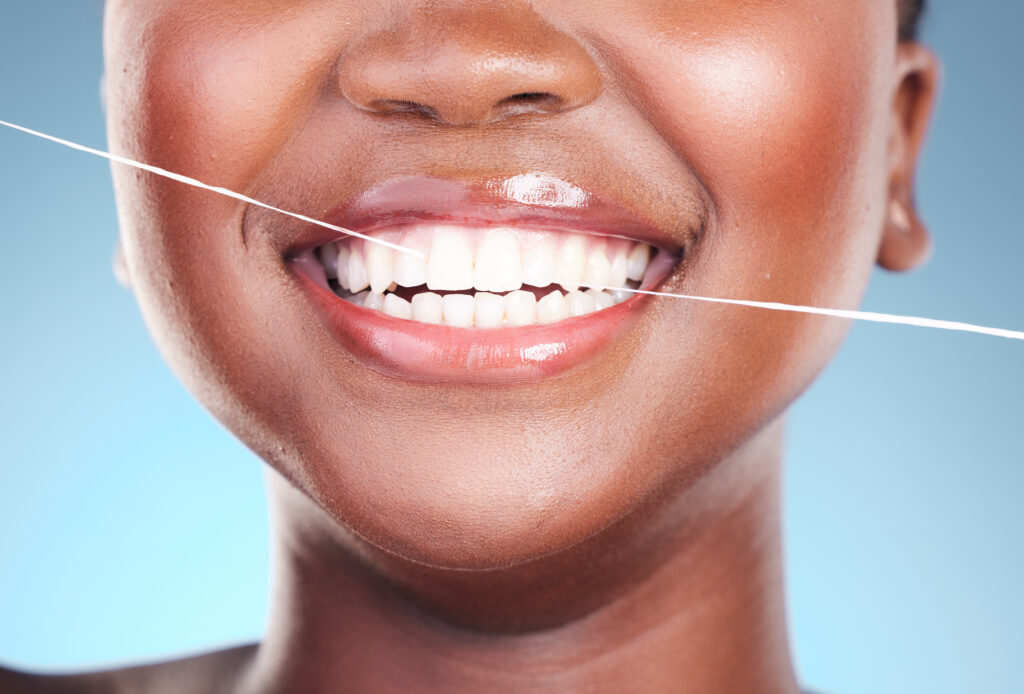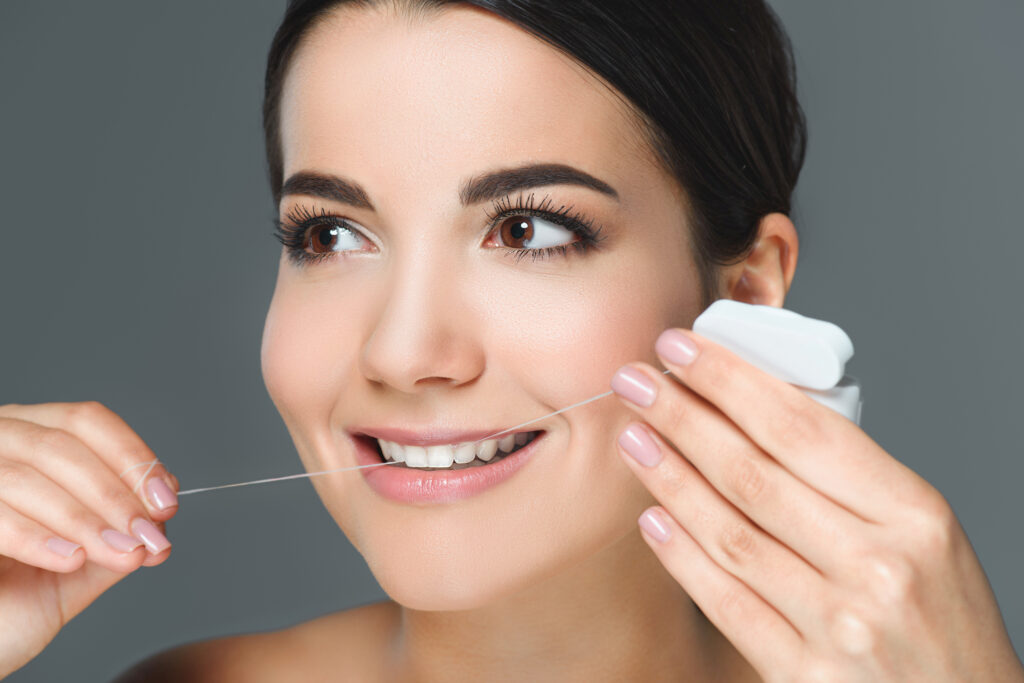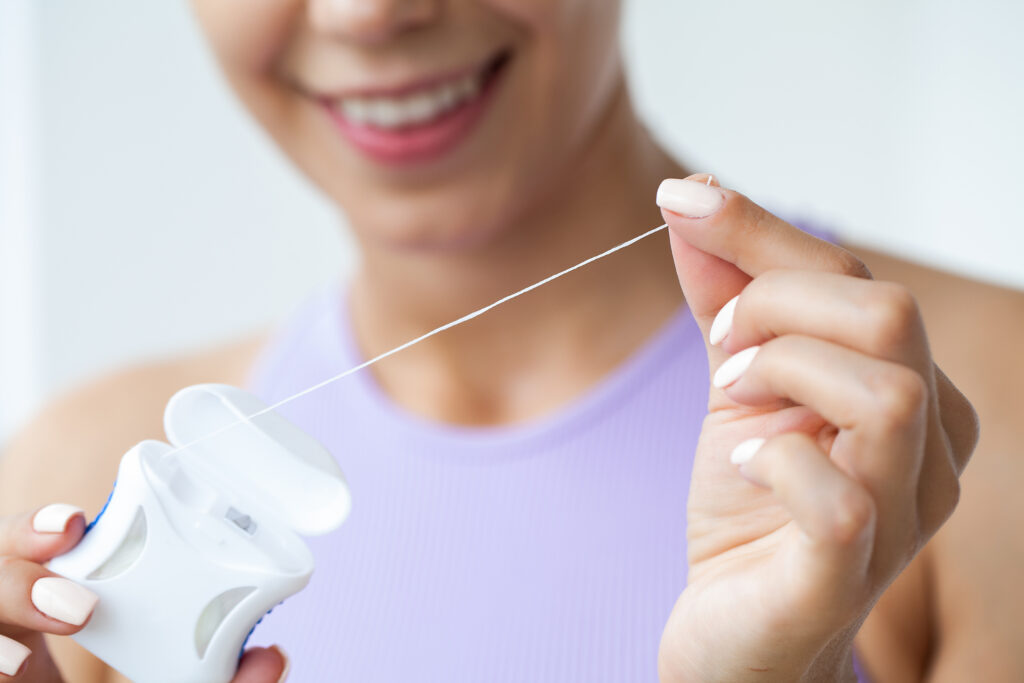Maintaining good oral hygiene is essential for overall health, and toothbrushes play a crucial role in achieving it. However, when we fall ill, concerns arise about the potential for illness transmission through toothbrushes. In this article, we will explore whether changing your toothbrush after being sick is necessary and delve into related topics such as strep throat, toothbrush sanitization, reinfection risks, and expert recommendations.
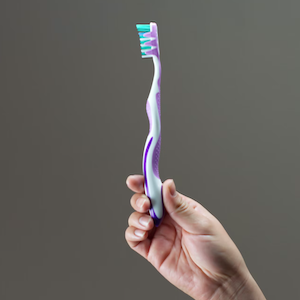
Should you change your toothbrush after getting strep throat?
Strep throat is a highly contagious bacterial infection. When you have strep throat, bacteria can linger on your toothbrush bristles. This raises the question of whether it’s necessary to replace your toothbrush to prevent reinfection. While some experts suggest changing your toothbrush after strep throat, others argue that the chances of reinfection are minimal. Ultimately, the decision depends on personal comfort levels and the severity of the illness.
Can you sanitize a toothbrush after being sick?
Sanitizing your toothbrush can be an alternative to replacing it after an illness. Various sanitization methods exist, but their effectiveness may vary. Common techniques include rinsing the toothbrush with hot water, using antibacterial mouthwash, soaking it in hydrogen peroxide or vinegar, or using ultraviolet (UV) light sanitizers. While these methods can reduce the microbial load on the toothbrush, complete sterilization may not be achievable. It’s important to note that improper sanitization or using harsh chemicals can damage the toothbrush bristles, compromising its effectiveness.
Can you reinfect yourself with a cold by using the same toothbrush?
The common cold is caused by a viral infection, and the transmission of cold viruses primarily occurs through respiratory droplets. While it is theoretically possible to reinfect yourself by using the same toothbrush, the risk is generally low. Cold viruses don’t survive for long on surfaces, and the chances of reinfection decrease as your body develops immunity. Additionally, practicing good oral hygiene, such as rinsing your toothbrush thoroughly and storing it in a clean, dry place, can further minimize the risk of reinfection.
Should you get a new toothbrush after being sick?
The decision to replace your toothbrush after being sick depends on several factors. Dental professionals often recommend changing toothbrushes to err on the side of caution and reduce the potential for reinfection. However, for minor illnesses, such as a mild cold or flu, replacing your toothbrush may not be necessary. If you opt to continue using your toothbrush, ensure you follow proper sanitization techniques and monitor your symptoms. It’s also essential to consider your personal hygiene habits, the severity of the illness, and your overall oral health.
Conclusion
Maintaining good oral hygiene is vital, especially when we’re sick. While there are varying opinions on whether to change your toothbrush after an illness, it’s essential to consider the risks, benefits, and individual circumstances. For contagious bacterial infections like strep throat, changing your toothbrush may provide peace of mind. However, for viral illnesses like the common cold, the risk of reinfection through a toothbrush is generally low. Whether you choose to replace your toothbrush or sanitize it, proper oral hygiene practices, such as regular brushing, flossing, and visiting the dentist, remain the cornerstone of a healthy smile.



